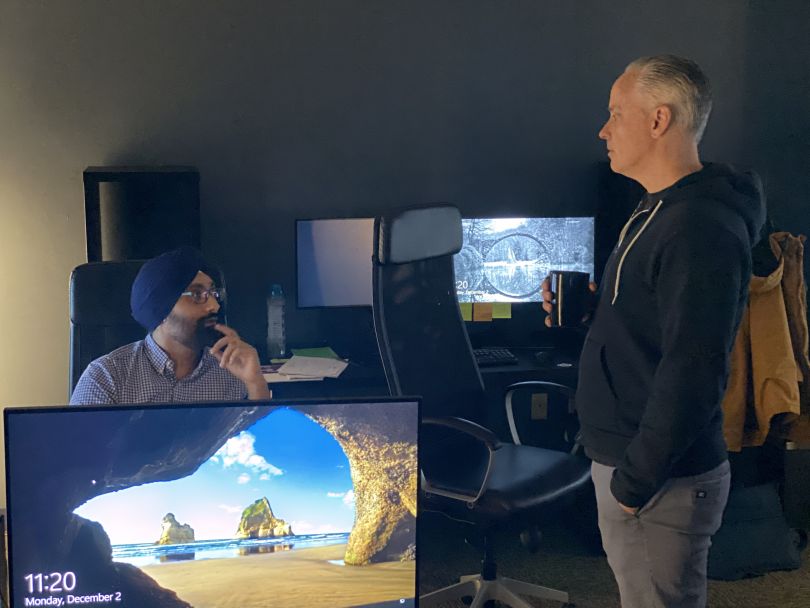While domain-specific software engineering interviews might require, say, a deep knowledge of a framework like Angular, others focus on the overall programming approach. For these types of interviews or questions, it's beneficial to show you have a keen problem-solving ability and the drive to build something optimal, rather than that you can finish a test quickly.
“At IllFonic we look for two key things during a technical interview: A deep understanding of the language and the ability to reason out problems in real-time,” said Illfonic Technical Director Chance Lyon.
The key to demonstrating your strengths isn’t hiding behind a veil of flawless technical knowledge, but rather explaining what wisdom you’ve gathered from past mistakes. While every company takes a slightly different approach to software engineering interviews and coding tests, there are quite a few tools candidates can utilize to prepare themselves as best as possible. We asked two Seattle software engineers about how they’ve prepared for — and tackled — some of their toughest interview questions.

IllFonic Technical Director Chance Lyon said using a whiteboard to work through interview questions is necessary in order to know what it’s like to code outside of a text editor.
You’ve found a posting for your dream job and landed an interview. What steps would you take to prepare for the coding test?
At IllFonic we look for two key things during a technical interview: A deep understanding of the language and the ability to reason out problems in real-time. Take some time and review the C++ standard and keywords to ensure that you understand them all (even the most rarely used ones). There are only 30 total.
Second, practice working through interview questions on a whiteboard to get used to the feel of coding outside of a text editor. Talking through the code out loud while you work on a whiteboard challenge is also important for us to understand your thought process. If you get stuck for too long, ask for help. They are challenging on purpose and can have several solutions.
Take some time and review the C++ standard and keywords to ensure that you understand them all.”
What are the toughest or most challenging interview questions that you've been asked, and how did you respond?
I was once interviewed at a large company known for its logic puzzle interview questions. For instance, “If you had an infinite supply of water and a 5-quart and a 3-quart pail, how would you measure exactly 4 quarts? And what is the least number of steps you need?”
These types of questions can be quite difficult until you have the “epiphany” moment, and are not very useful for determining programming talent. In another interview, I was simply told to “code Tic-Tac-Toe,” and they let me go at it on a whiteboard for a few hours. A very large task with not much instruction. I didn't take the job.

For Alex Moir, senior software engineer at Mythical Games, college didn’t prepare him for all engineering challenges, especially in terms of iteration. Brushing up on main data structures and algorithms and re-reading “Cracking the Code Interview” are how he preps for future interviews.
You’ve found a posting for your dream job and landed an interview. What steps would you take to prepare for the coding test?
Read “Cracking the Coding Interview” by Gayle Laakmann McDowell (again). Pull out my portable little whiteboard and start answering problems. Google “software interview questions.” Brush up on the main data structures and algorithms like binary search. Practice system design. Remind myself to stay calm and things will be fine!
I was taught in college to always try iterative first, which just isn’t practical for interviews.”
What are the toughest or most challenging interview questions that you've been asked, and how did you respond?
Knowing the right scenario and when to use recursion is a helpful interview skill. Early in my career, I was asked a pretty challenging algorithm question that I tried to solve without doing recursion, which was a bad move. I was taught in college to always try iterative first, which just isn’t practical for interviews. Even if you are told that you need recursion, this stumps people; trying to do it iteratively is impossible and you run out of room on the whiteboard.
Staying calm and composed goes a long way because it is easy to get sidetracked worrying about time limits or feeling pressured by the various life changes you may have to consider when getting a new job.





